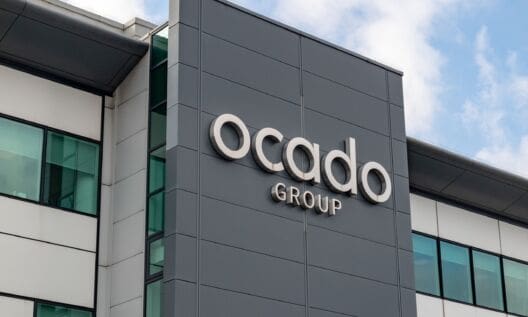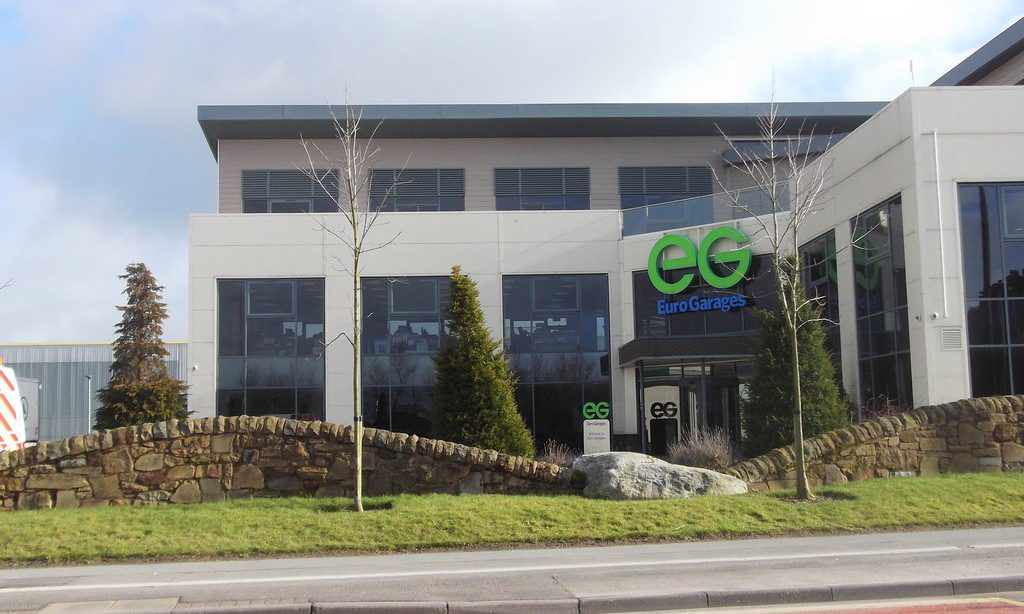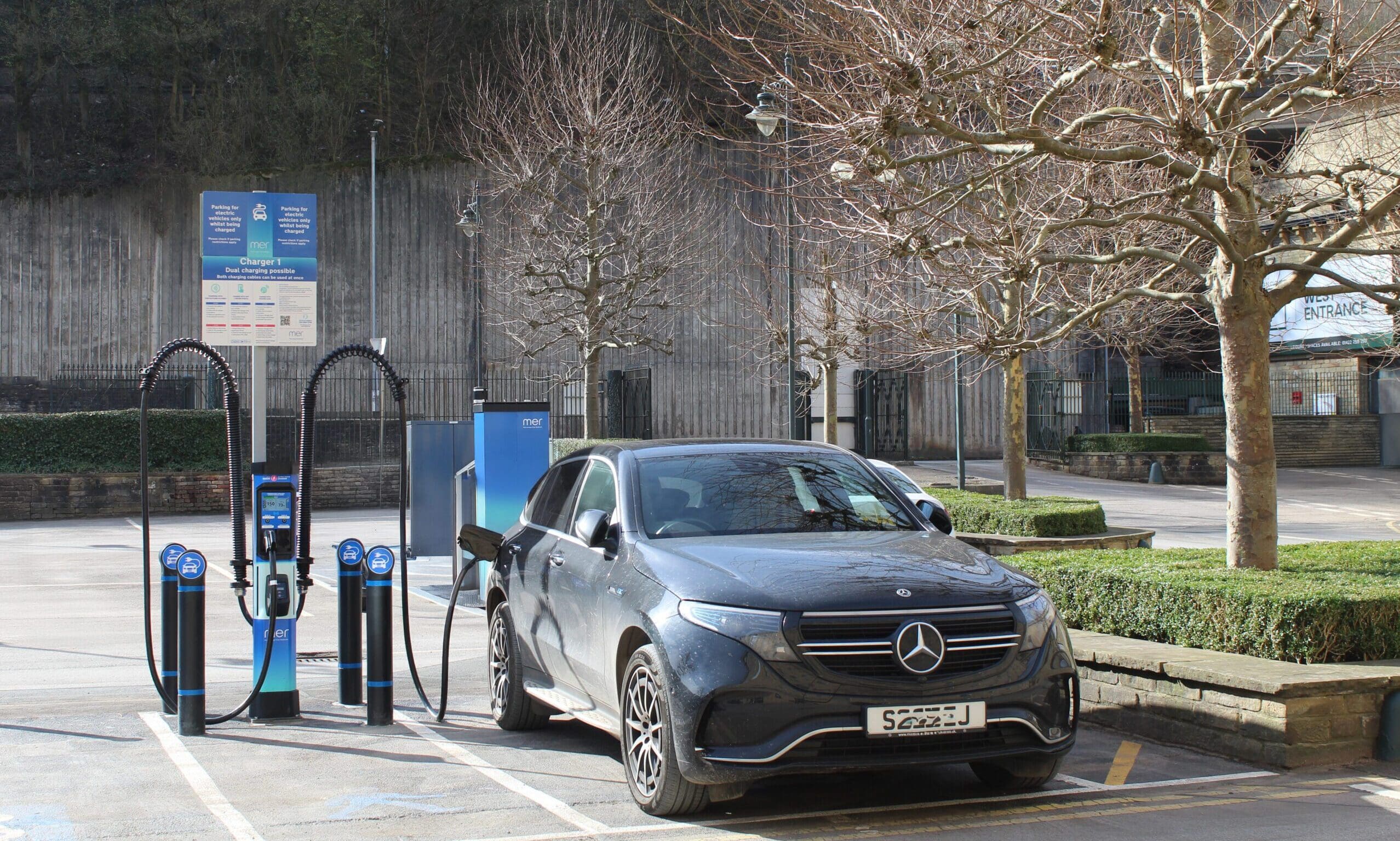Register to get 2 free articles
Reveal the article below by registering for our email newsletter.
Want unlimited access? View Plans
Already have an account? Sign in
Our high streets have had a tough time in recent years – battered by a global pandemic, war, energy shocks and soaring inflation. Yet despite it all, shops have kept going – serving their communities, creating jobs, and showing remarkable resilience.
But resilience isn’t a plan for growth, and nostalgia won’t pay the bills. If we’re serious about bringing our high streets back to life, we need to stop papering over the cracks and fix the system for good.
That means a tax regime built for today, not for the 1500s – a time before supermarkets, retail parks and, of course, the internet!
Right now, retail accounts for just 5% of the UK economy but pays over 20% of all business rates. That’s an immense burden – and it falls most heavily on the very businesses that invest in local places, local jobs and local people.
It is no wonder that there were around 100,000 fewer jobs in retail at the start of 2025 than the year before, the equivalent of losing every job in the UK steel industry three times over. Since 2015, the sector has shed around 350,000 jobs, and new research suggests another 160,000 part-time roles could vanish if costs rise further – exactly the kinds of jobs that provide flexibility to hardworking families.
Physical retailers are businesses that play by the rules, open their doors every morning and form the backbone of our communities. Meanwhile, online sales have more than doubled in the past decade.
At the height of the pandemic, they made up 37% of all retail – and while that’s dipped slightly since, online is still booming. Yet the digital giants face nothing like the same tax burden, and contribute next to nothing to the government’s tax receipts that pay for the NHS, our emergency services, roads and welfare. This clearly, is not fair.
This is a system designed for a different age. Business rates were first introduced in the 1500s, when physical property was a proxy for wealth. Today, that logic just doesn’t hold. We now see a massive imbalance that punishes our local communities.
To be clear, this isn’t about the high street asking for a handout. It’s about giving retail a fair shot.
Our sector is the UK’s largest private employer – supporting three million jobs; in sales, marketing, accounting, logistics and many more. Retail has all the career disciplines needed for a growing economy. The health of the high street is also a bellwether for the health of the wider economy. When shops shut, town centres hollow out.
Footfall fell by 1.7 % in July, and one in seven high street units now stands empty. The ripple effect has an immediate impact on the community: nearby independents see sales fall, bus routes get quieter, and the whole centre loses momentum. That affects everything from local policing and public transport to housing demand and health outcomes.
The Centre for Retail Research now predicts that store closures will rise to around 17,350 this year, the highest level in more than a decade. That is nearly 50 shops a day closing their doors for good, leaving empty units, boarded windows and fewer reasons for people to visit their town centres.
The loss is not just economic – it chips away at the social fabric, reducing spaces where people meet, work and spend time. Once a shop shuts, it is far harder and costlier to bring it back, meaning each closure represents a long-term wound to the health of the high street.
To their credit, the current Labour government has done more than its predecessors, with proposals to support smaller stores with targeted business rates relief which are of course welcome. But we cannot end up with just tweaks to a system that needs radical reform and reset. You can’t fix a broken model with just a few sticking plasters.
We need to ask a bigger question: what should a modern, fair retail tax look like? One that reflects how we all actually shop, and one that rewards investment in jobs and premises.
After everything the high street has been through, asking it to carry even more weight would be the final straw for many. The government must ensure that no shop pays more in the upcoming Autumn Budget.
Retail isn’t asking to be saved, it’s asking for the rules to be fair. If you give the high street a fair deal, it will more than repay you – with jobs, opportunity, and of course a vibrant local community. Let’s not forget, of course, that a healthy high street with tills ringing means more money into the coffers of the Treasury, giving the economy a much needed boost to growth.



















